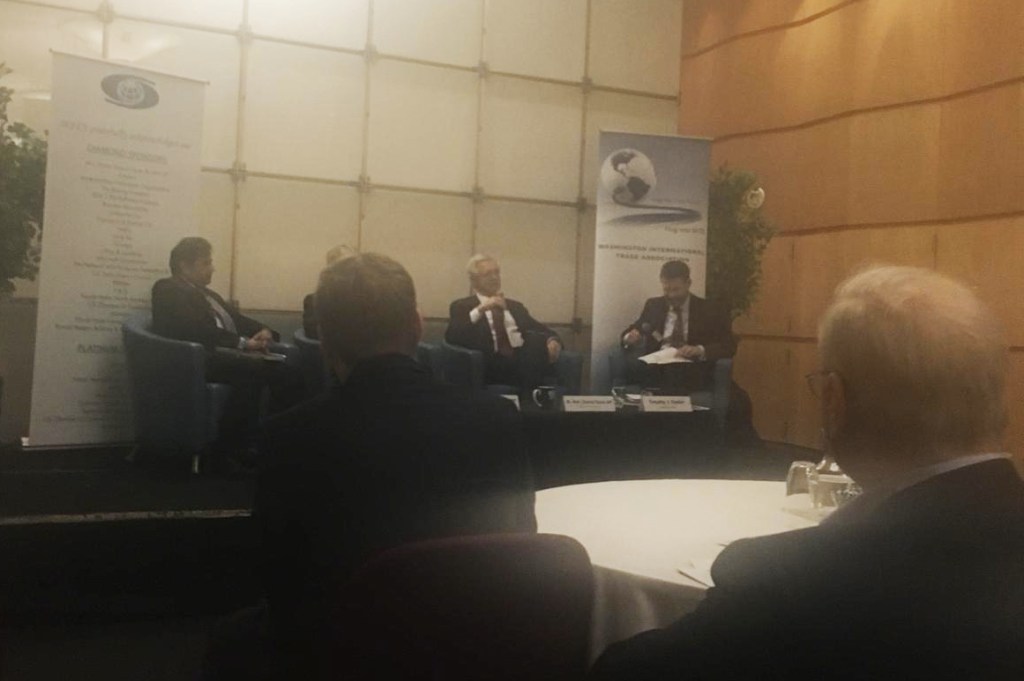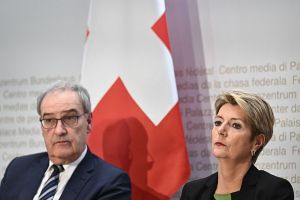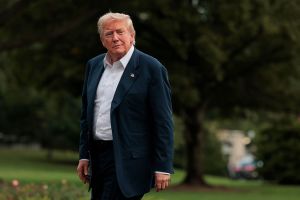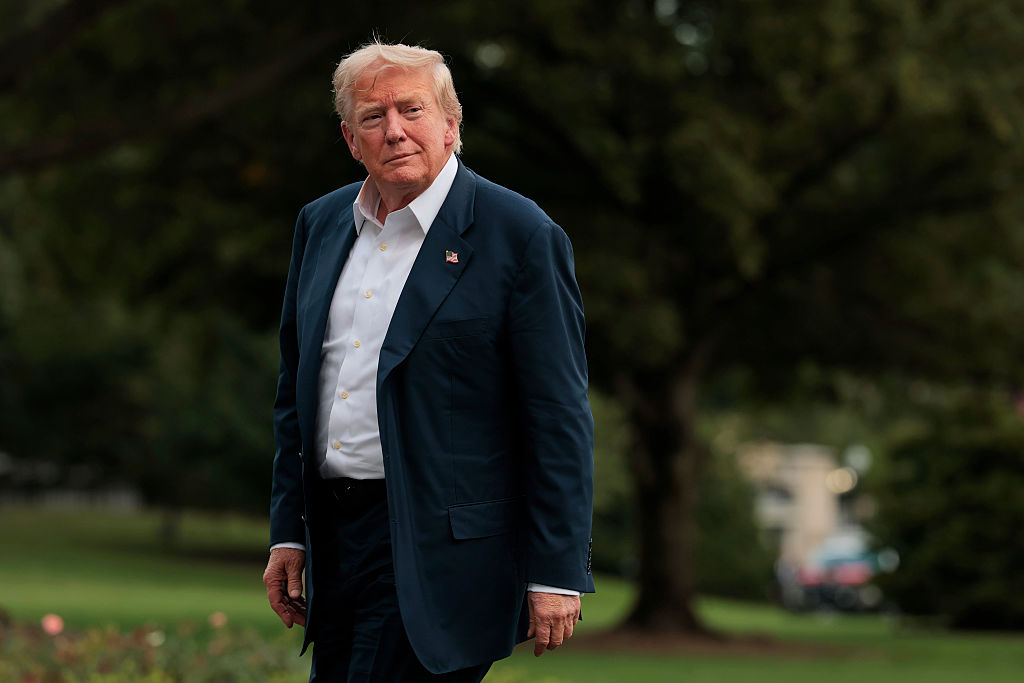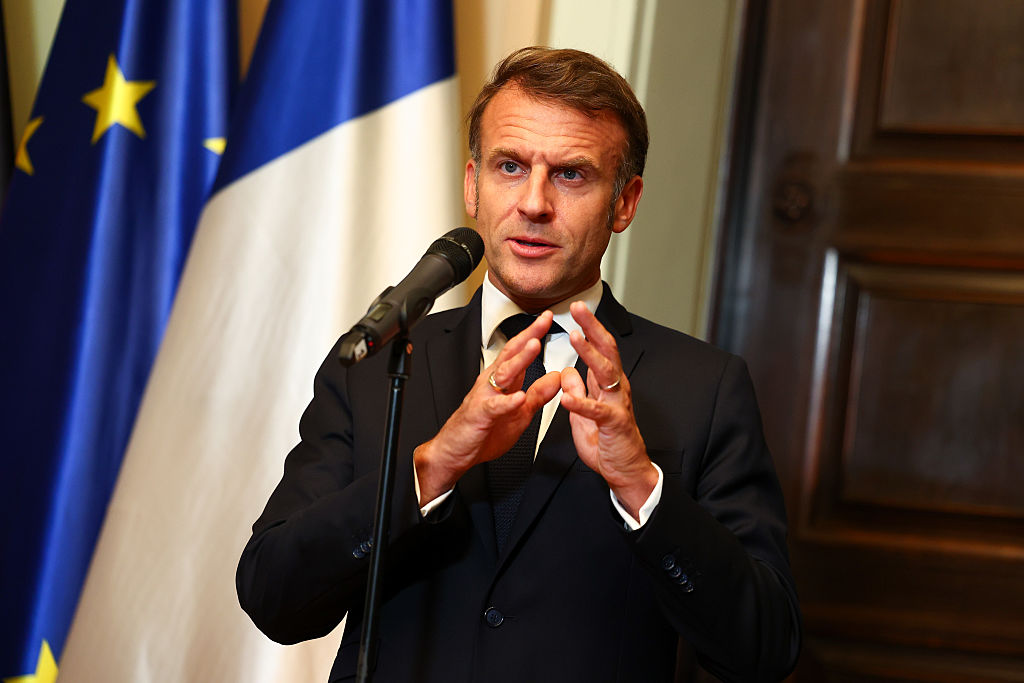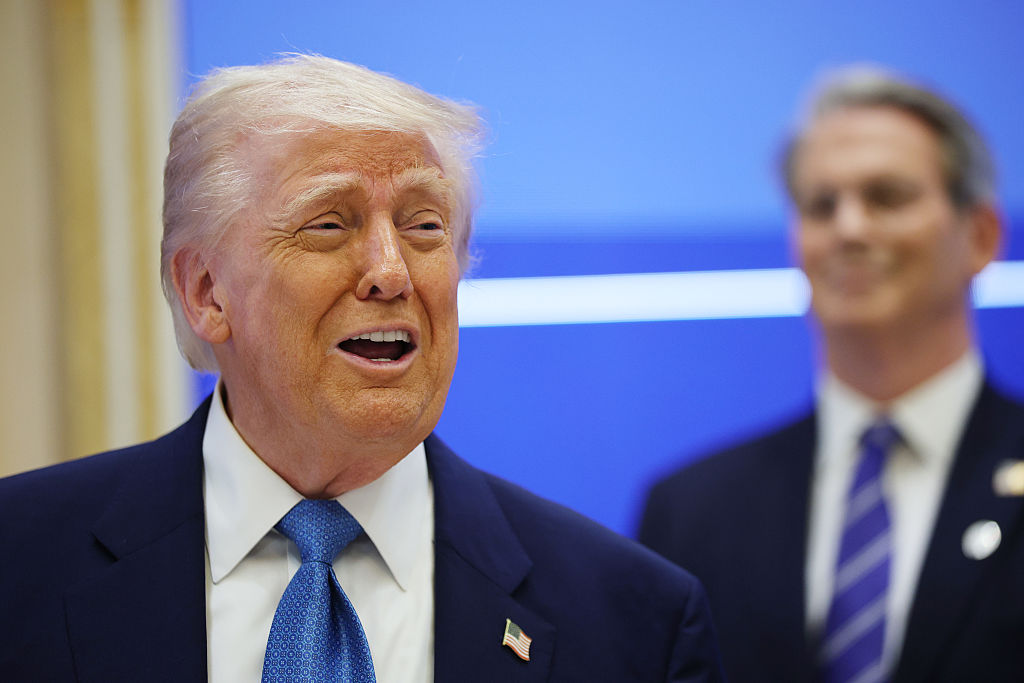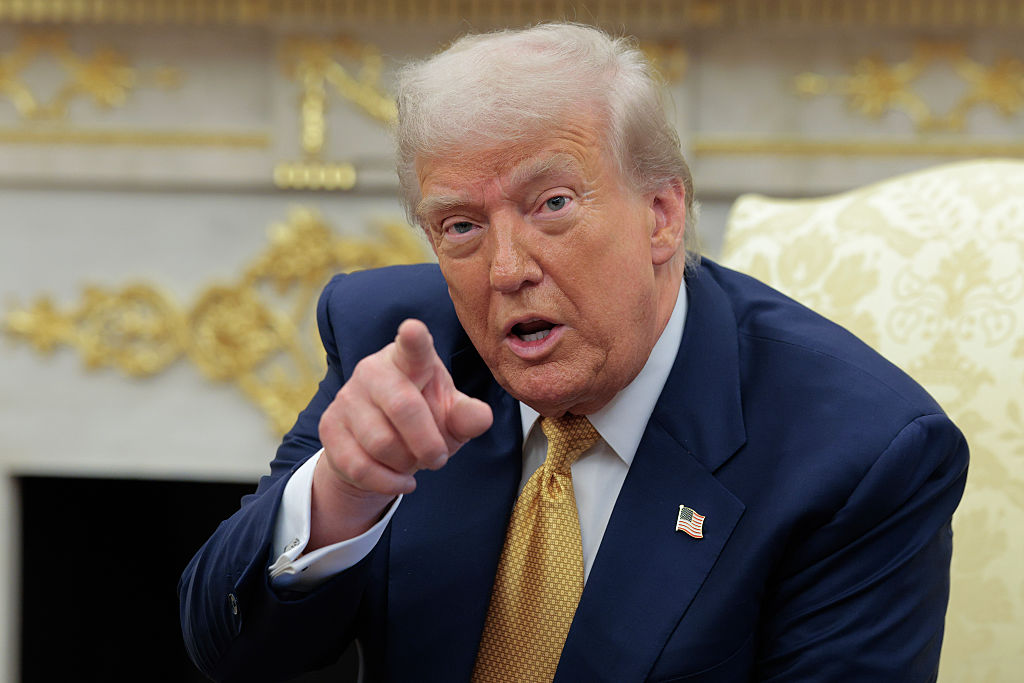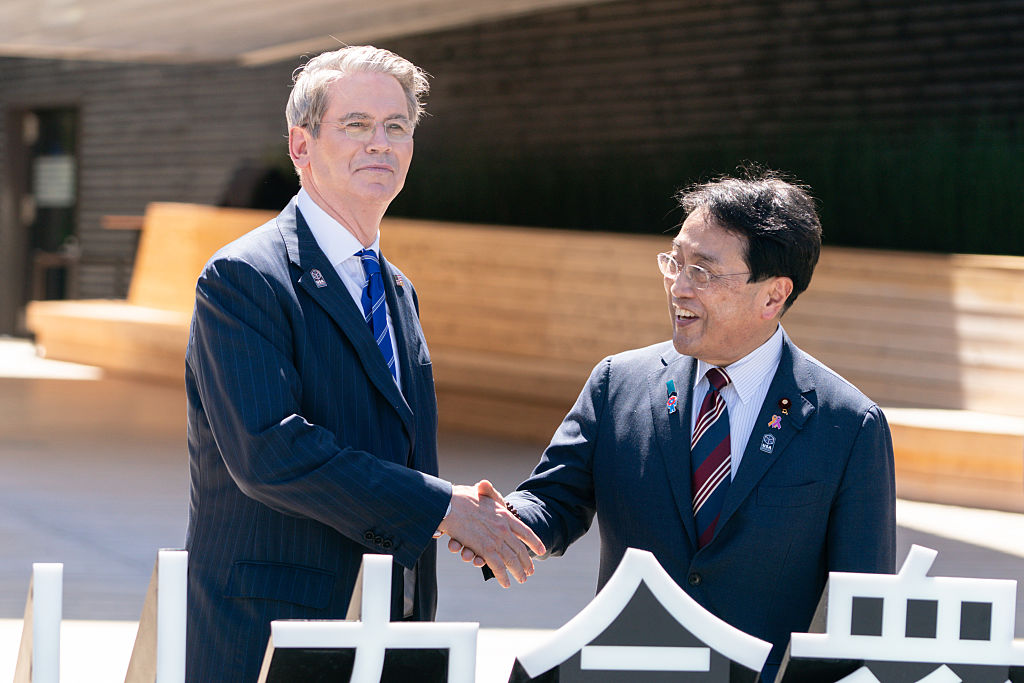David Davis, the former Brexit minister, and Owen Paterson, another pro-Brexit ex-minister, confirmed Friday morning that they’re meeting with Trump administration officials to discuss a US-UK free trade agreement.
Theresa May, the stricken British prime minister, refuses to discuss a US-UK FTA until after Britain has withdrawn from the EU in March 2019, and after Britain and the EU have made a new trade deal. This week, May forced a draft of her withdrawal bill through her cabinet, but sparked resignations from her cabinet and open revolt from pro-Brexit Conservatives.
‘We’re clearly here to advocate for a US-UK free trade agreement,’ said Shanker Singham of the Institute for Economic Affairs, who serves as an outside adviser to Boris Johnson. ‘We’re meeting with members of the administration, we’re meeting with industry groups.’
‘Unashamedly, we are here’ for that purpose, Paterson told me. He added that he had been to the States in September for the same purpose. Johnson, tipped as May’s successor, was here then too.
Paterson also told me that there is ‘no way’ Theresa May can survive at Number 10 through the end of the month. While their allies in Parliament file letters of no-confidence, raising the prospect of a note on May’s premiership as early as Tuesday, May’s ex-ministers are laying the ground for the next government.
That’s not the only existential struggle the Brexiteers are fighting. ‘While my country has voted to leave the European Union and embrace a more global outlook, there is an existential battle going on in the world,’ Davis said in this morning’s address to the Washington International Trade Association.
‘It is a battle of ideas between competition-led capitalism and state-led capitalism, between competition and cronyism. The tide of prescriptive approaches to economic governance, as exemplified by countries like China, has washed across the shores of Europe. This battle is no less real than the wars that we have fought together before.’
The US and UK, Davis argues, are old friends and natural partners. This will be music to the ears of Donald Trump, who has just returned from a rough trip to Europe, and who has long been skeptical of Brussels.
‘Now we are joined in a mutual struggle,’ Davis said, ‘a struggle to show the world that where competition is weakened or crushed, where government replaces what the private sector can, it is the people who lose out.’
‘The battlefield for this struggle is set,’ said Davis. ‘If the US and UK can agree on a free trade agreement that pulls the UK out of the EU’s regulatory rotational orbit, this will be enormously beneficial to America’s farmers, business and consumers.’
Davis, Paterson and Singham all emphasized this morning that they still prefer a deal with Brussels to the economic uncertainty of a ‘no deal’ scenario. But it’s also clear that they’re not just waging war in a battle of ideas, but also against Theresa May. And they’re willing to go it alone — in more ways than one.



